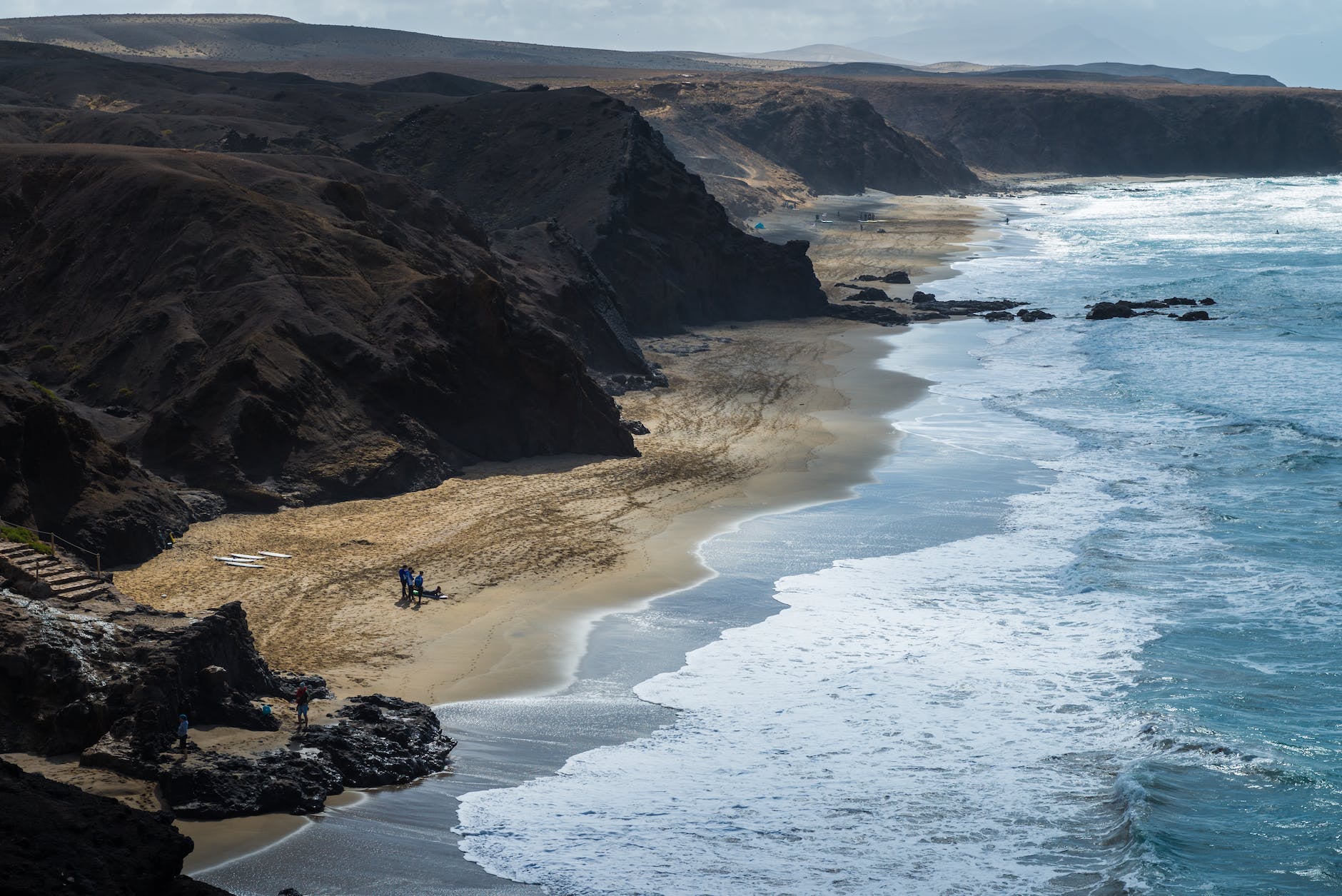People who travel a lot tend to lose their sense of patriotic pride in a country of origin. Even before I left the United States, I felt a sense of hyphenated identity because of my job as an English as Second Language teacher. I identified strongly with my students and made friends with many of them. I was invited to their birthday parties, and gave them rides to cultural events where I was welcomed as a member of one big family. These refugees and immigrants seemed so well-adjusted to their new lives in America. They possessed a more global perspective of life than I did, and I admired this so much that I began to want to learn from them.
What would it feel like to leave behind all that was familiar to me–not only the daily routine, the modern conveniences (in their cases, the adjustment to modern conveniences), the foods; but also the language and social customs? These foreigners had done all of this and more in order to create new lives in the United States. As I listened to their stories, I found myself distancing myself from my own culture in order to identify more closely with theirs. Because of this emotional preparation to leave behind all that was familiar, coming to Costa Rica was not as big an adjustment as I expected it to be. In fact, because I had spent an idyllic month in Brazil the previous year, coming to Costa Rica felt a lot like coming home.
Moving to Cyber Place
The world is changing ever more rapidly. Cyber Place makes us all citizens of the universe. Cyber place redefines our classifications of the world we live in. I think Costa Rica should be classified as a second world, because it is a country that is still alive: it has a thriving middle class and a growing infrastructure. And in many respects, Costa Rica is more of a first world than the United States because of its policies to protect the rights of citizens and the environment.
According to Wikipedia, the first world includes Europe, Australia, and North America–excluding Mexico, which a surprising number of first world people don’t know is in North America. The second world term is delegated to nations under a communist system of government, such as the USSR and Cuba. Third world countries are defined as developing nations lacking in infrastructure and a middle class. The fourth world is something new, referring to immigrants living in developed countries. I would like to broaden this definition to include the concept of hyphenated identity: fourth world inhabitants live between two worlds and do not belong in either one.
When I was an ESL teacher in the United States, teaching fourth world refugees, I began to understand the world they lived in; this hyphenated identity that prevented them from identifying completely with either world. Now, living in Costa Rica on a conditional visa, I have become an inhabitant of this fourth world.
Living in a third world country, which should be called a second world, as a fourth world citizen is interesting, to say the least.
As I gain distance from my original, first world, I am able to see things from a less ethno-centered perspective. I still identify with my native country, the United States, in significant ways. But I am able now to recognize some of the good and bad features in each world. I find that I am sympathetic to the problems of people who live in Costa Rica or Nicaragua, while I tend to scoff at first world problems, such as my son’s having to work on Sunday or memories of my own problems, such as too many choices in the grocery store: fat-free, low-fat or regular ice cream (not to mention the rainbow of flavors); support, sheer, or textured pantyhose (not to mention the colors and sizes). And don’t get me started with the salad dressings. And what about the endless permutations of discounted airline tickets and cruise deals?
Living between two worlds has enabled me to look at things from a distance. I compare my son’s loss of the right to have Sunday off because a corporation dictates his schedule with farmers and field workers in Costa Rica, who still have the traditional right to a day free of labor. In this case, the third world is superior to the first world because it has retained the universal day of rest, an elemental right of people over corporations.
In first world countries, entire fields of self-help and life coaching services have sprung up to try and remedy this disease of rest-lessness. But the instant remedy would be simply to stop our 24/7 lifestyle. One author wrote a book idealizing the Sabbath rest, saying that the habit of a weekly day of rest is necessary to whole health. This type of book would obviously not sell well in the third world, where people have not yet abandoned the practice of rest.
As I reflect upon the four worlds that divide people and nations, I wonder whether perhaps these worlds are beginning to collide and merge.
The boundaries are beginning to blur, as first world economies age and decay…and third world countries like Costa Rica rise up to challenge them.


